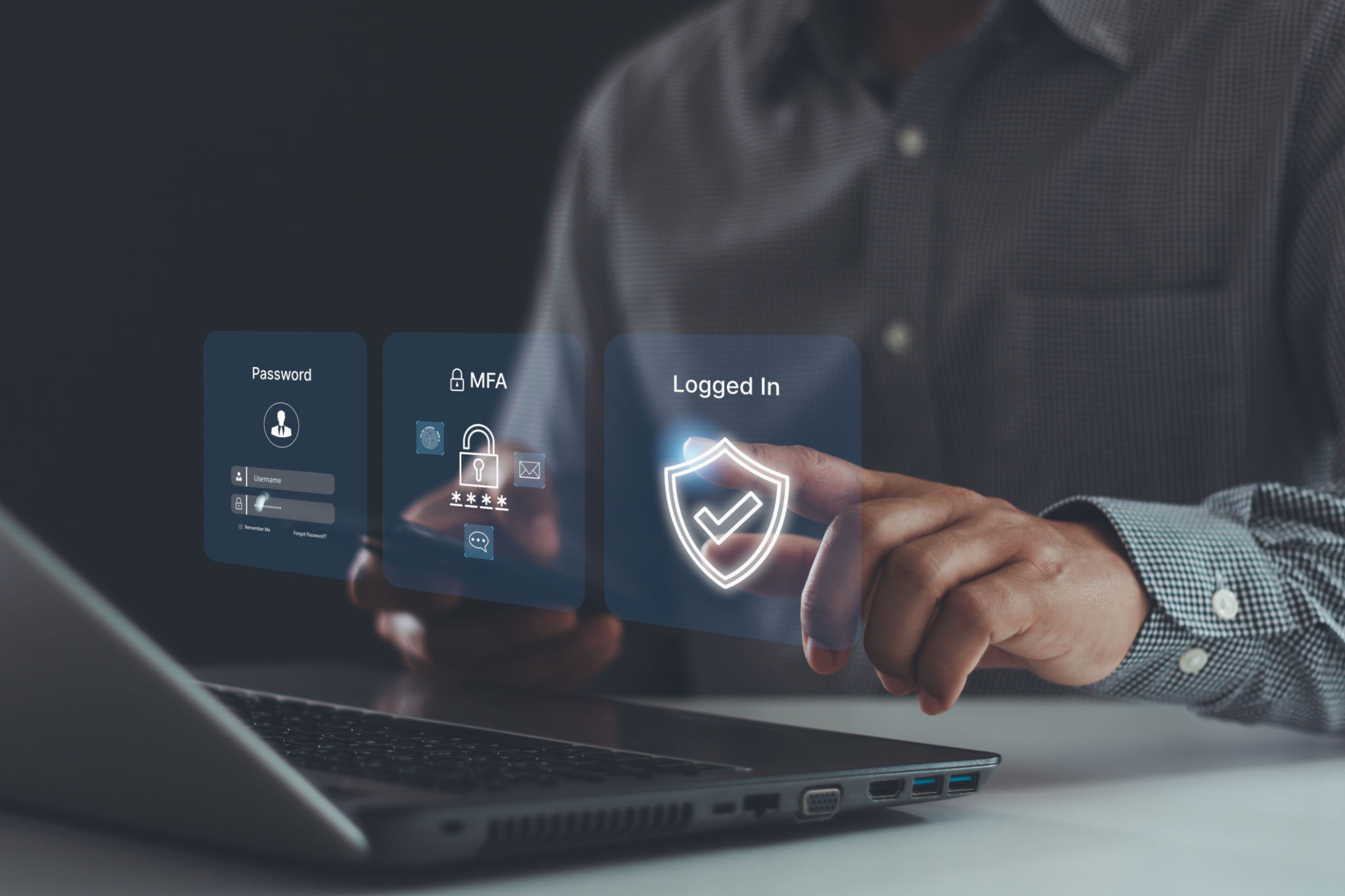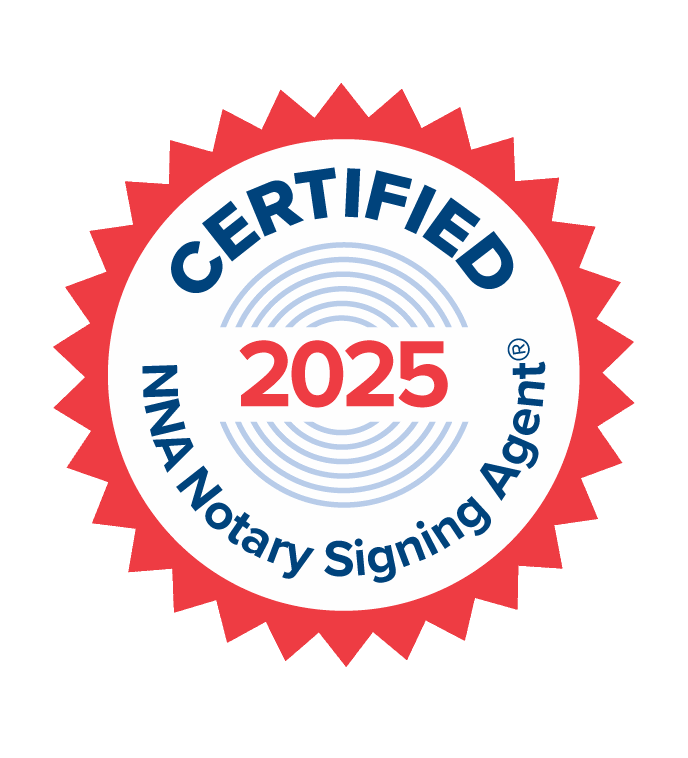Top 5 Misconceptions About Document Authentication in Dallas
Understanding Document Authentication
Document authentication is a crucial process for anyone dealing with legal, business, or personal documents. It ensures the integrity and legitimacy of documents, which is especially important in international dealings. However, there are several misconceptions about document authentication, particularly in Dallas. In this article, we will explore the top five misconceptions to help clarify what document authentication truly involves.

Misconception 1: Notary Publics Authenticate Documents
One of the most common misconceptions is that a notary public can authenticate documents. While notaries play a role in witnessing signatures and verifying the identity of signers, they do not authenticate the content of the documents themselves. Authentication involves a more rigorous verification process typically conducted by governmental bodies or authorized agencies.
Misconception 2: Authentication is Only for International Use
Many people believe that document authentication is only necessary for international purposes, such as when moving abroad or conducting business overseas. In reality, document authentication can be required for various domestic purposes as well. For example, certain legal procedures or financial transactions may necessitate authenticated documents even within the United States.

Misconception 3: All Documents Can Be Authenticated
Not all documents are eligible for authentication. Generally, only official documents such as birth certificates, marriage licenses, and court orders can be authenticated. Personal letters or unofficial papers do not typically qualify for this process. It's important to verify whether your specific document type requires or qualifies for authentication before starting the process.
Misconception 4: Authentication is a Quick Process
Contrary to popular belief, document authentication is not always a quick process. It can take several days or even weeks, depending on the type of document and the original issuing authority. Planning ahead and allowing ample time for authentication is crucial, especially if the documents are needed for time-sensitive matters.

Misconception 5: Authentication Guarantees Acceptance
Finally, some assume that once a document is authenticated, it will automatically be accepted by any authority or institution. However, acceptance can depend on additional factors like specific requirements of the receiving party or further legalization steps. It's advisable to confirm with the receiving entity whether additional procedures are needed after authentication.
Understanding these misconceptions can save time and prevent potential frustrations during the document processing journey. Whether you're navigating the complexities of international business or handling domestic legal affairs, being informed about document authentication can make all the difference.

